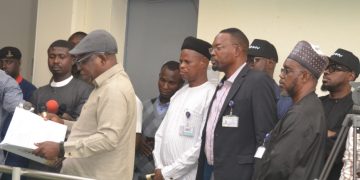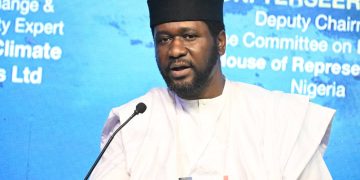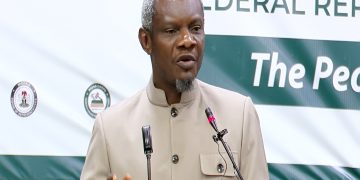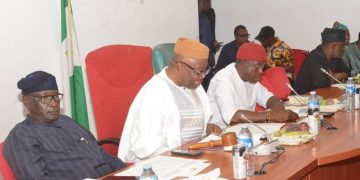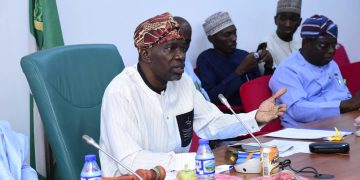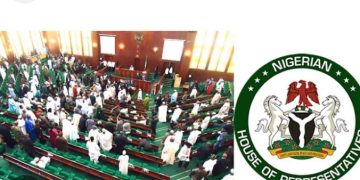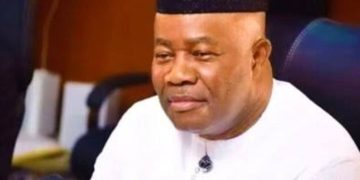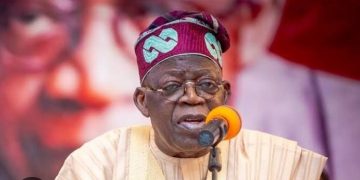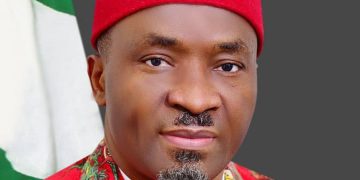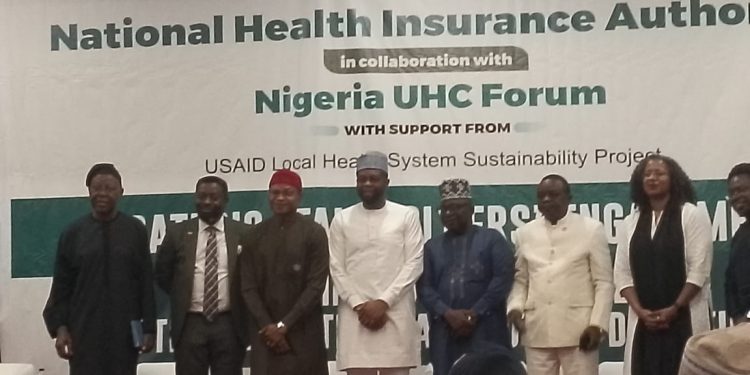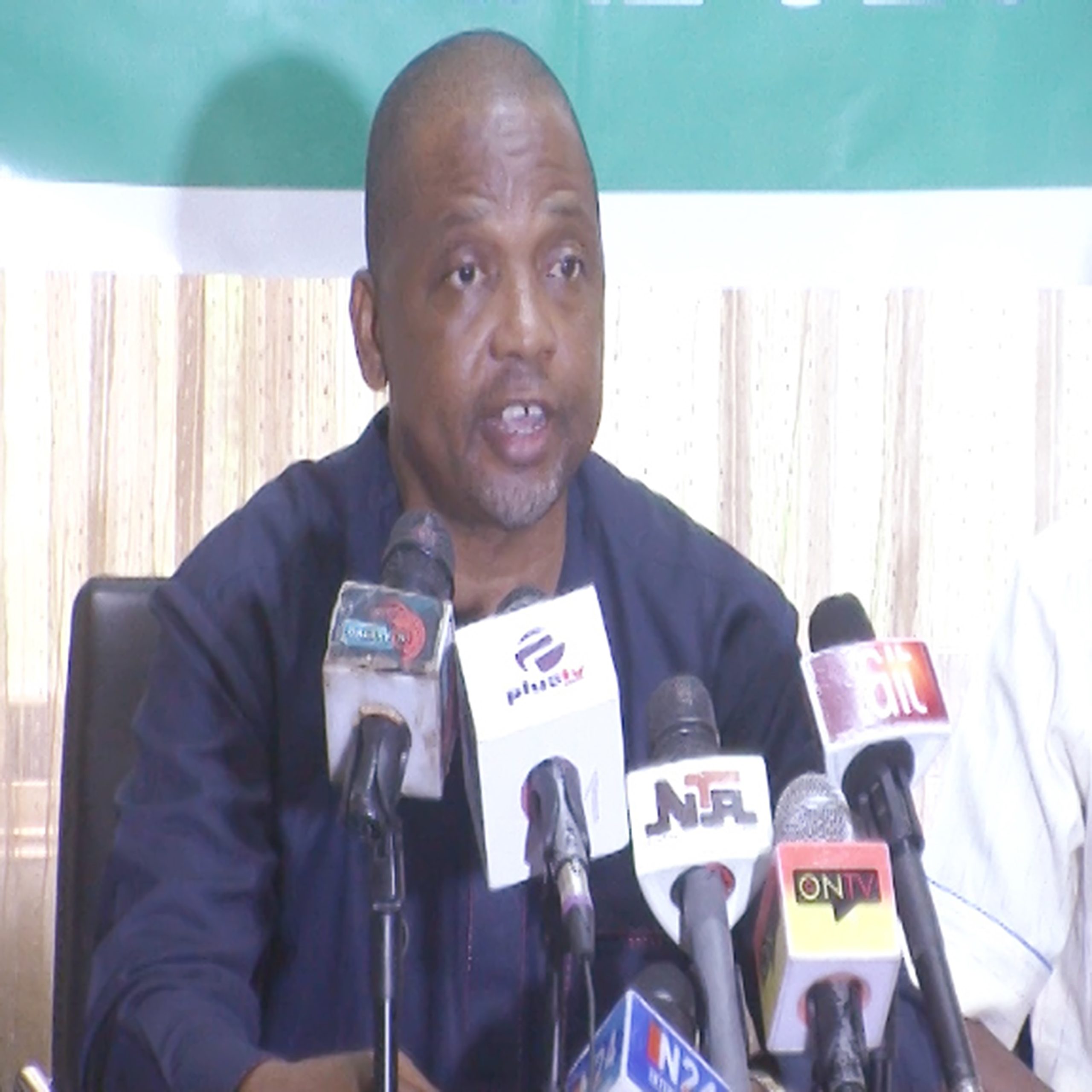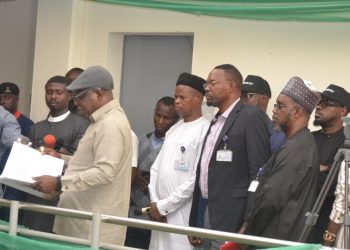By Comfort Olayinka
The Director General of the National Health Insurance Authority (NHIA),Dr Kelechi Ohiri, has disclosed that 62 per cent of the formal public and private sectors are covered, the large informal sector lags with only one per cent coverage.
Dr Ohiri stated this during an assessment of the progress and ongoing challenges of Nigeria’s health insurance scheme since its inception in 1999. on Friday in Abuja at the NHIA’s Strategic Stakeholders Engagement in collaboration with Nigeria Universal Health Coverage Forum and Local Health System Sustainability Project (LHSS), Project Nigeria.
With the theme “The NHIA Act: Two Years After – Reflections and Future Direction” to reflect on the past, assessment of the present situation, and share a common vision for the future of health insurance in Nigeria.
Dr. Kelechi said though there were notable advancements,significant issues such as low coverage, uneven distribution, and persistent quality concerns continue to hinder the scheme’s effectiveness.
To achieve the desired goal UHC in Nigeria, the NHIA in collaboration with the Nigeria UHC Forum and United States Agency for International Development (USAID) -LHSS.
He underscored a transformative shift introduced by the NHIA Act 2020, which mandates health insurance for all Nigerians, establishes state-specific schemes, creates a vulnerable group fund, and enhances the NHIA’s regulatory functions.
Looking forward, he outlined NHIA’s vision to achieve universal health coverage by: “Enforcing mandatory insurance.
*Increasing public awareness and trust in the system.
- Improving quality standards and market efficiency.
- Operationalising funds dedicated to vulnerable groups,”.
He reiterated NHIA’s commitment to transparency, setting robust standards, and regulating the fragmented health insurance landscape.
However, he said that achieving these goals requires collective effort from all stakeholders.
He called for regularly hosting interactive stakeholder sessions, stating “We must come together routinely to collectively address challenges in Nigeria’s health insurance landscape through consistent dialogue and collaboration.
Dr Bolanle Olusola-Faleye, Chief of Party, LHSS, said that it was an opportunity for essential investments in Nigeria’s Health Sector Renewal Initiative, particularly focusing on financial risk protection for the poor and vulnerable.


